English Reading
Curriculum Intent statement
Through our English curriculum, we aim to help children develop the skills and knowledge necessary for effective and creative communication, both spoken and written. Our goal is to equip them with the tools to become lifelong learners and to foster a love for literature and its diverse forms.
Literacy is fundamental to all aspects of learning. it empowers children to communicate effectively for various purposes and to reflect on their own and others' experiences, feelings, and ideas, giving them order and meaning. Oracy the ability to express oneself fluently and effectively in spoken language is equally important, as it enhances children's confidence and social skills, enabling them to engage in meaningful discussions. Because literacy and oracy are central to children's intellectual, emotional, and social development, they play vital roles across the curriculum, ensuring that learning is coherent and progressive.
Reading Intent Statement
We believe that all children should have the opportunity to become lifelong confident readers. We place great emphasis on immersing pupils in high quality literature that is at an appropriate level. Time is given to reading stories to the children in a variety of contexts such as to support a topic, within reading and writing as well as class books that are explored throughout a term. This enables children to:
- to understand the nature and function of print;
- to experience success and enjoyment in reading;
- to expose pupils to a range of literature (from both present and past times) and cultures;
- to expose children to a range of vocabulary;
- to develop enthusiastic, independent and reflective readers;
- to increase their ability to read with fluency, accuracy and understanding and
- to equip pupils with research and retrieval skills.
KS2 – Daily Reading Skills
At Key Stage 2 the emphasis is on higher order reading skills including the use of inference, personal response to the text and comprehension.
In KS2, reading follows a whole class teaching model. Children are explicitly taught specific reading skills daily and work with the teacher at different points during the week. Teaching assistants are deployed accordingly to best support the learning. The National Curriculum and our progression of skills is used to inform objectives for guided reading sessions and teachers keep a record of the coverage of reading skills that are explicitly taught. Texts for group sessions are selected at an instructional level and cover a range of reading genres.
During this time children will be:
- using a range of strategies when reading;
- developing and consolidating their decoding skills;
- developing their skills of reading aloud, using intonation, pace and accent;
- developing their ability to talk about the text;
- developing their ability to respond to the text using response tasks.
Reading for Pleasure
We have a strong culture of reading for pleasure at Loseley Fields. When the children are learning to read, we also encourage them to take home a book for their parents to read with them and we cover a wide range of high-quality texts in class. The Accelerated Reader programme ensures that children are able to read books suited to their reading ability within a wide range (called their Zone of Proximal Development) and we have a well-stocked library filled with enticing fiction, non-fiction and poetry books. We regularly refresh our reading stock so that children have access to up-to-date titles, and we also participate in lots of virtual author visits run by various independent bookshops, which often offer the chance to buy signed copies. We run book fairs twice a year – one with Scholastic, and one with Bookwagon: Bronnie & Bob have read every book they sell and present their recommendations to the children.
This year, we ran our first ever Reading Festival – a week of reading for pleasure events including Reading Cafes for parents, Pitch-a-Book stories read aloud by the teachers and a Book Oscars ceremony. We also hosted two authors: Zehra Hicks with Reception and KS1 and Jack Meggitt-Phillips with KS2. Both held book signings with the children after school which were extremely popular!
We have Reading Ambassadors in KS2 whose role is to promote reading for pleasure throughout the school: they organised our Book Oscars ceremony and are currently judging books for two prestigious prizes, the Utterly Brilliant Book Prize and the Royal Society’s Young Person’s Book Prize.


